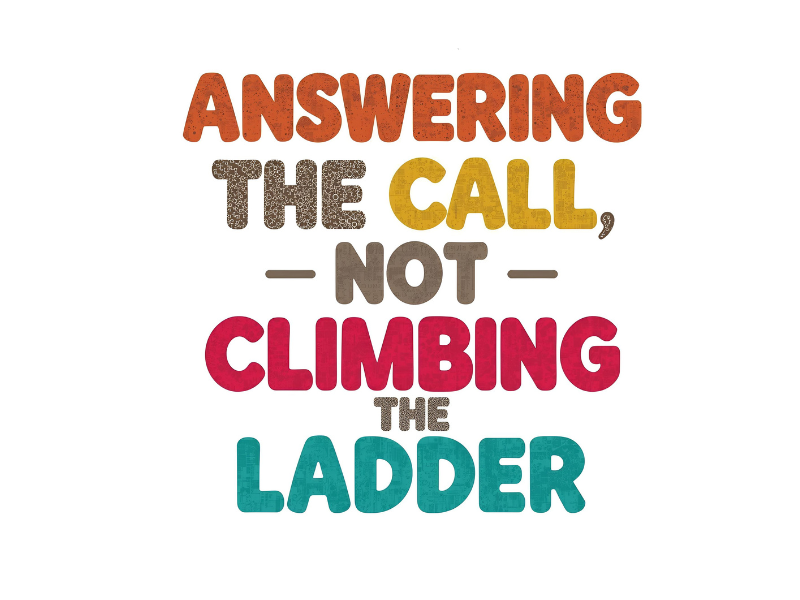TURNING AROUND A SCHOOL: PROFILE OF A LEADER
On the surface there is nothing exceptional about Karen Tyler’s professional background. Before becoming Head of School at Erie Day School in 2011, she was a Professor at Edinboro University in Pennsylvania. Indeed, she does have a doctorate in education, but it was not from what the independent school world would deem a prestigious university. Before becoming a head, she had no extensive administrative experience in independent schools. Even her physical stature – 4’11” – doesn’t signal a commanding presence.
But Karen Tyler has one compelling attribute; she is a leader!
When Dr. Tyler took over Erie Day School, the enrollment had dropped by 28%. Of the 138 students, 65% were receiving financial assistance; the school was running budget deficits; faculty morale was low as a result of mistrust with the previous administration and little input in decisions, and some disgruntled parents were stirring up others to create a toxic parent community. Without much in the way of independent school tradition and a heavy Catholic school footprint, the city of Erie looked anything but ripe for a successful turn-around.
Today, the school enrolls 200 students and is financially stable. Faculty morale is high, professional development is the norm, and enthusiasm for the future is so strong that the school is planning a major capital campaign for new facilities. The unmistakable driving force for these positive changes is the leadership of Dr. Tyler.
Like all great leaders, Dr. Tyler did not approach the challenge with a preconceived theory or set of assumptions. Rather, she researched and learned:
“Moving the school forward required a great deal of observation, small and large group reflective discussion and forecasting. I worked with ErieTrends, analyzing and collecting data related to demographics, affordability, and school age children in Erie.”
To be clear, Dr. Tyler has a firm set of believes about high educational standards, engaging programs, and on-going professional development, and those beliefs informed her vision. But her empirical predisposition and her willingness to learn about the particular landscape of reality associated with Erie Day School established a strong foundation for change. In this regard, the lack of independent school experience may have proved an advantage, as she did not have to “un-learn” typical independent school dogma.
Dr. Tyler also demonstrated an ability to execute, a key indicator of a true leader. First, she analyzed the budget and eliminated spending that did not help the school realize its goals. Second, she focused on the perceived strengths of the school, especially the arts, knowing that she could draw on that legacy to jumpstart change more easily. And third, at the same time that she listened more intently to faculty voices, she also held them accountable. When I asked Dr. Tyler about her hiring practices, she told me that in the first interview the candidate was given the curriculum. In the second interview the candidate was asked, “How would you make it better?” Implicit in this approach is a belief in talent, and talent is essential for turning around a school.
Karen Tyler is a leader. She has thought about leadership enough to develop a philosophy. Yet much of her leadership is instinctual, rooted in an open personality and the courage to directly face the challenges in front of her. When I asked her about her principles of leadership, her response spoke volumes: “Creating stability and driving change.”







0 Comments